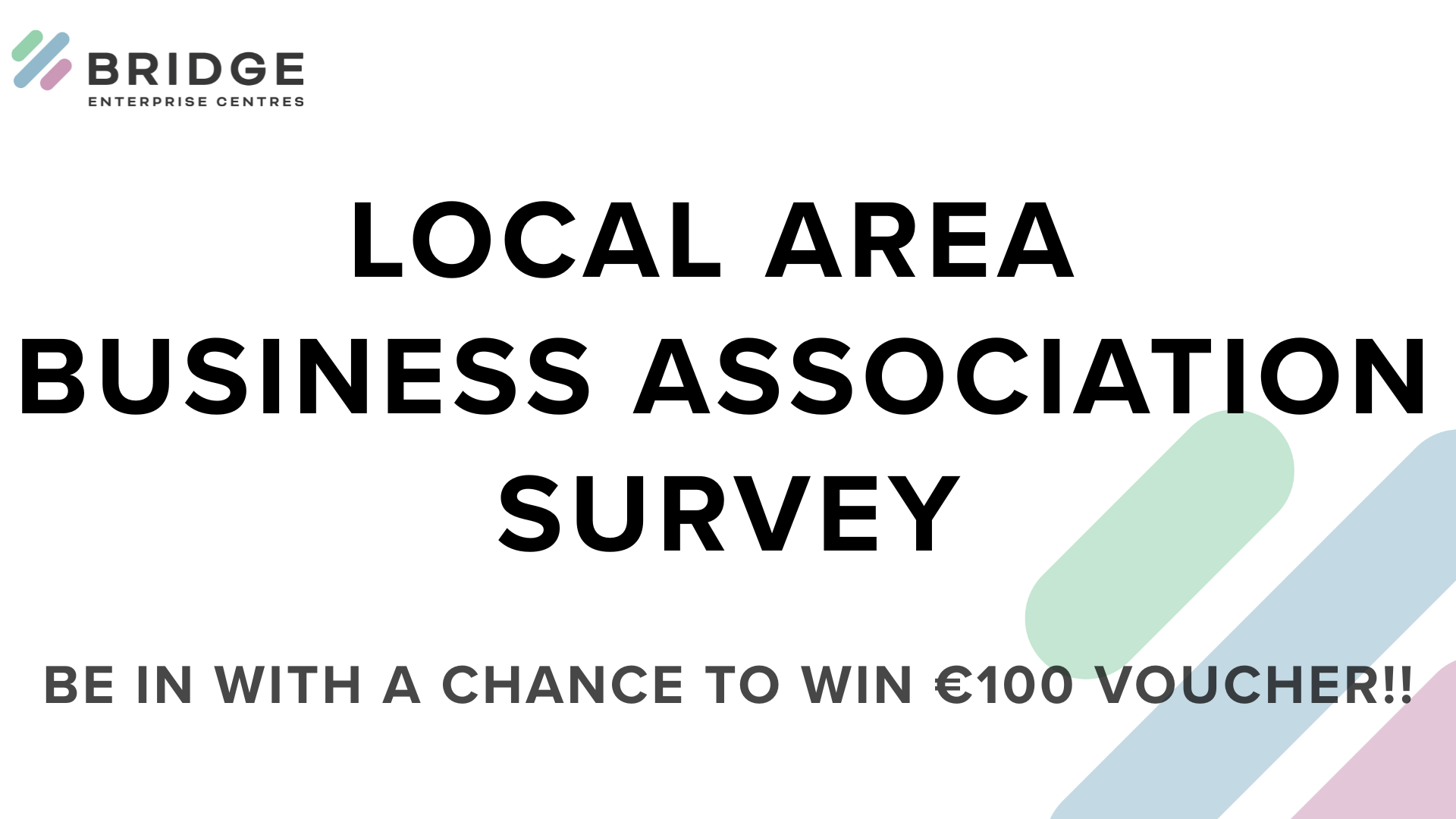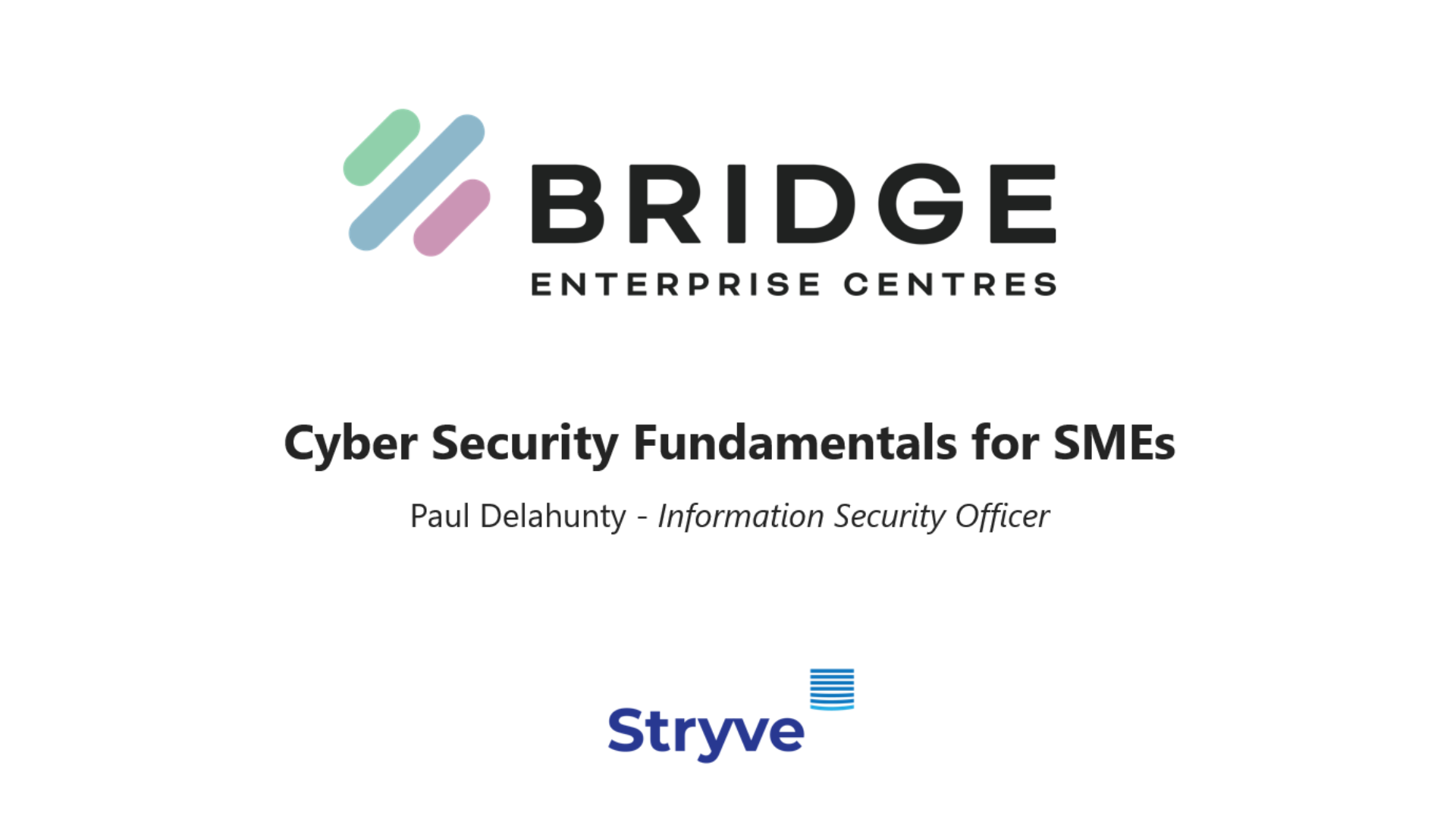
Ireland is set to implement a series of transformative legislative measures that will significantly impact small and medium-sized enterprises (SMEs). The new laws, including the AI Act, the Digital Services Act (DSA), the Network and Information Security Directive 2 (NIS2), and the Cyber Resilience Act (CRA), aim to create a safer, more transparent, and resilient digital environment. These regulations will bring both challenges and opportunities for SMEs as they navigate new compliance requirements and operational changes.
AI Act: Regulating Artificial Intelligence
The AI Act aims to establish a comprehensive framework for the safe and transparent use of artificial intelligence. SMEs using AI technologies will need to comply with stringent standards, particularly for high-risk AI systems. This involves thorough documentation, regular risk assessments, and possibly redesigning existing AI applications.
The immediate impact on SMEs could include increased operational costs due to the need for specialised expertise and compliance-related activities. However, these measures are intended to foster trust in AI technologies, potentially opening new business opportunities and enhancing consumer confidence in AI-driven products and services.
Digital Services Act: Ensuring Online Accountability
The Digital Services Act focuses on the responsibilities of digital service providers, enforcing greater transparency and accountability. SMEs operating online platforms or digital services will need to implement robust content moderation systems, ensure transparency in advertising, and enhance user protection.
Compliance with the DSA will likely require SMEs to invest in new technologies and processes to manage content and user interactions effectively. While this may strain limited resources, increased transparency and accountability can build user trust and engagement, positioning compliant SMEs as reliable and ethical service providers in the digital market.
NIS2: Strengthening Cybersecurity
The Network and Information Security Directive 2 expands the scope of the original NIS Directive, imposing stricter cybersecurity requirements across more sectors. SMEs in critical sectors such as energy, transport, healthcare, and key digital services will need to upgrade their cybersecurity measures, conduct regular risk assessments, and establish incident reporting protocols.
These enhanced security requirements could pose a financial burden initially, but they are essential for protecting businesses from cyber threats. Improved cybersecurity can prevent costly breaches and downtime, ultimately safeguarding the reputation and operational continuity of SMEs.
Cyber Resilience Act: Enhancing Product Security
The Cyber Resilience Act mandates that products with digital elements incorporate cybersecurity measures throughout their lifecycle. SMEs involved in manufacturing or selling digital products will need to design security features from the outset and provide regular updates and clear information on vulnerabilities.
Compliance with the CRA will necessitate a shift towards security-by-design, potentially increasing product development costs. However, this proactive approach can lead to more robust and reliable products, enhancing customer satisfaction and loyalty.
Supports Available To Businesses
1. Enterprise Ireland
Enterprise Ireland offers a range of supports to help businesses innovate, improve their processes, and comply with new regulations.
- Innovation Vouchers: These provide funding to small and medium-sized enterprises (SMEs) to work with registered knowledge providers to explore a business opportunity or problem, including compliance with new legislation.
- Business Innovation and R&D: Grants and support for research and development projects, which can include activities to ensure compliance with new digital and cybersecurity regulations.
- Advisory Services: Enterprise Ireland provides access to a network of industry experts and advisors who can offer guidance on regulatory compliance.
2. Local Enterprise Offices (LEOs)
LEOs provide a range of supports to small businesses and startups, including:
- Mentoring: Access to experienced business advisors who can provide specific guidance on compliance with new regulations.
- Training and Development: Workshops and courses on various topics, including regulatory compliance and cybersecurity.
- Financial Assistance: Grants and funding options for projects that include compliance initiatives.
3. IDA Ireland
For foreign direct investment (FDI) companies and multinational corporations, IDA Ireland offers support, including:
- R&D Grants: Funding for research and development activities, which can include compliance-related projects.
- Training Grants: Financial support for employee training programmes related to new regulations and compliance requirements.
4. Skillnet Ireland
Skillnet Ireland supports businesses by providing training and upskilling programmes through a network of Skillnet learning networks.
- Technology Skillnet: Provides training programmes related to digital transformation and compliance with digital regulations.
- Cybersecurity Skillnet: Offers specialised training in cybersecurity to help businesses comply with the NIS2 Directive and Cyber Resilience Act.
5. Compliance Advisory Bodies
Several governmental and semi-governmental bodies offer advisory services and resources specifically related to compliance with digital and cybersecurity legislation.
- Data Protection Commission (DPC): Provides guidance and resources to help businesses comply with data protection regulations, which are closely related to the requirements of the Digital Services Act.
- National Cyber Security Centre (NCSC): Offers advice and resources on cybersecurity best practices and compliance with the NIS2 Directive and Cyber Resilience Act.
6. Tax Incentives
The Irish government offers tax incentives for businesses investing in compliance activities:
- R&D Tax Credits: Allow companies to claim a tax credit for qualifying research and development expenditures, which can include compliance-related projects.
7. Government Initiatives and Programmes
Various government-led initiatives and programmes are designed to support businesses in their compliance efforts:
- Digital Transformation Programmes: Initiatives to support businesses in adopting digital technologies and ensuring compliance with digital legislation.
- Cybersecurity Awareness Campaigns: Government-led campaigns to raise awareness about cybersecurity and the importance of compliance with related regulations.
How to Access These Supports
Businesses looking to take advantage of these supports should:
- Contact Local Enterprise Offices: Start by reaching out to your local LEO to understand what specific supports are available for your business.
- Engage with Enterprise Ireland: For larger projects, contact Enterprise Ireland to explore funding and advisory options.
- Consult with Compliance Advisory Bodies: Utilise resources and guidance from the DPC, NCSC, and other relevant bodies to ensure you understand the requirements of new legislation.
- Participate in Training Programmes: Enrol in relevant Skillnet Ireland programmes to upskill your workforce in areas related to compliance.
- Apply for Tax Credits and Grants: Prepare and submit applications for relevant tax credits and grants that can support your compliance activities.
In Conclusion, while these regulations introduce new compliance challenges and associated costs, they also offer opportunities to enhance digital capabilities, build consumer trust, and secure competitive advantages. By adapting to these legislative changes, SMEs can position themselves as leaders in a secure and trustworthy digital economy.
As always, engage a consultant for advice.









